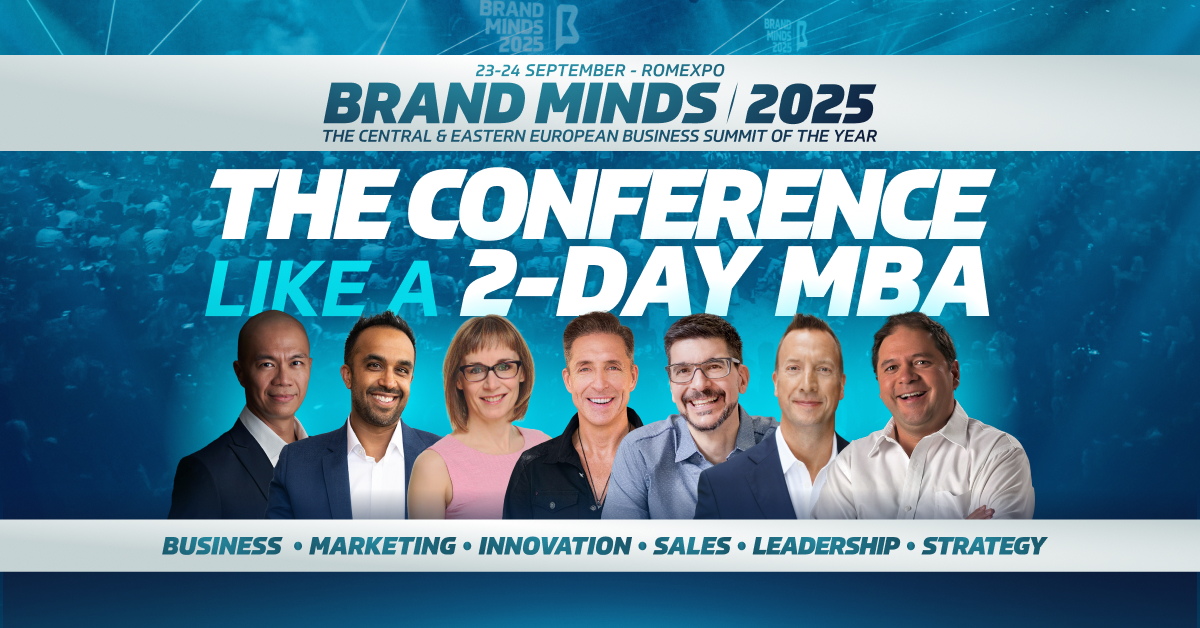“I did then what I knew how to do. Now that I know better, I do better,” the great American writer and civil rights activist Dr Maya Angelou said already decades ago.
In the Western world, we are currently seeing rising levels of awareness for the need of systemic and cultural change, as well as mindset shifts, towards a more fair, equal and just world for all.
Growing up in Norway, a country that year after year has been named one of the world’s happiest countries to live in, I am lucky to know what equality looks like and trust feels like. But I also know that this is far from what most people around the world are experiencing, in life – and at work.
When we know better, we need to do better. But this doesn’t seem to apply to the corporate world yet.
According to the State of The Global Workplace report, only 15% of the global workforce are feeling engaged and happy about their jobs. 85% are not. These numbers have merely changed in the last decade, in spite of the number of studies that show that employee engagement has a direct impact on business performance.
Gallup refers to this high level of disengagement as a “stunning amount of wasted potential”, given that business units in the top quartile of their global employee engagement database are 17% more productive and 21% more profitable than those in the bottom quartile.
The universally disengaged workforce costs the global economy a staggering $7 trillion USD – per year! Not to mention all the negative ripple effects unhappy work life has on people’s quality of life.
Many organizations are trying to tackle the “disengagement virus” (yes, it’s very contagious!) with a variety of initiatives and perks, but these have proven to have little to zero long-term effect on employee engagement.
I applaud every company that is wise enough to deeply care about their people’s happiness and engagement, and smart enough to know this is crucial to their business success. However, studies show that most companies are missing the mark and spending more time on “putting lipstick on the pig” instead of creating the systemic and cultural changes that sustainable, positive changes require.
Many companies seem to approach the disengagement challenge as if the disengaged employees are the problem; as if they have chosen to be unhappy and disgruntled. But very few employees are disengaged out of ill will.
They are disengaged because they find themselves in an environment where they don’t feel appreciated, respected, and valued. Because management treats them like a number, a cost, a resource instead of a human being. They’re disengaged because they can’t be themselves, they don’t feel safe and they’re terrified of making mistakes.
For many, disengagement is simply a survival mechanism, a way to get through the workday, without losing their job – or their soul – on the way.
When we know better, we need to do better. But this doesn’t seem to apply to leadership behaviours yet.
Studies from Gallup show that leaders account for at least 70% of the variance of employee engagement across business units and 60% of employees report a loss of engagement, productivity and turnover because of poor leadership.
Another study shows that 57% of employees who quit their jobs leave because of their manager, not because of the company or the job itself.
Still, according to a recent study from Chartered Institute for Personnel and Development, most managers are still managing the way they always have: top-down, command and control, “it’s my way or the highway”, also known as “dinosaur leadership style”.
Already in the early ’90s, Warren Bennis, a pioneer in the field of leadership studies, wrote: “Failing organizations are usually over-managed and under-led”. Not much has changed.
Learn more: 12 Leadership Styles with Pros and Cons for Successful Leaders
When we know better, we need to do better.
What the corporate world needs is humane leaders who wake up to the new reality of the 21st century and understand that their job, above all, is to inspire, empower and trust their people; create psychologically safe work environments where they can learn, grow and thrive, enjoy their work, and be inspired to give their best.
In their Human Capital Trends Report, Deloitte writes that the most important role of the leaders of today is to build and lead teams; drive change, keep people connected and engaged, and create a culture of innovation, learning, and continuous improvement.
And as it turns out, this requires a fundamentally new skillset for many leaders, far from what many have learned in business school and seen from their own leaders in the past.
Deloitte’s research shows that the strongest success indicator for successful leaders is their willingness to learn and grow – and create organizational cultures that encourage and enable others to do the same.
When we know better, we need to do better.
Here are 5 ways to get you started:
1. Believe in your ability to change
In her book Mindset, psychologist Carol Dweck writes about two opposite mindsets: growth and fixed mindsets.
People who have a fixed mindset believe their talents, skills and intelligence are static; a limited asset that cannot be changed. People with growth mindsets think their talents, skills and intelligence are flexible and can be developed, and that they have the ability to learn, grow and change.
What you believe becomes your reality. Choosing the growth mindset and believing in your own ability to change is the first step towards becoming the leader you want to be.
2. Set aside time for introspection
“The unexamined life is not worth living,” Socrates said. Taking time to reflect on who we are, and who we want to be, is key to learn, grow and change in the right direction. To reflect on our own values, thoughts, mindsets and behaviours, and how these are expressed in the way we show up, is an essential part of being a self-aware leader. Whether we want to admit it or not, our inner world is always reflected on the outside.
Schedule some ‘white space’ in your calendar; time with yourself to think, read, learn, unlearn and relearn. Reflect on the choices and priorities you’ve made, test them against the things you believe in and value, and then think about what you can do differently to show up as the leader you want to be.
3. Get yourself a mentor
When you have established that you indeed can change and have defined what kind of leader you want to be, partner up with an ally, a friend, a mentor who will be tasked with keeping you on track, to help you stay focused, and be accountable for the changes you commit to, get real-time feedback on progress – or lack thereof.
A good mentor is someone who wants to help you succeed by listening, challenge your thinking, help you grow and develop, and give you candid feedback when called for. Great mentors also share freely from their own experiences and failures, so you can learn from them as well. Mentors can be found inside or outside your company, and could also be a coach, a leader or a trusted friend. Just make sure to pick someone you know only has your best interest in mind.
4. Trust the Butterfly Effect
“Does the flap of a butterfly’s wings in Brazil set off a tornado in Texas?” Edward N. Lorenz, mathematician, meteorologist and professor at MIT, asked nearly 45 years ago. Lorenz is known for being the founder of modern chaos theory, which was followed by the butterfly effect, the idea that small changes can have large consequences. His research did indeed prove that small causes can have momentous effects, and the same theory can be applied to human behaviour and leadership as well.
Small changes in behaviours can have profound impacts on the people you lead, the work they do and the results they deliver. The shadow of the leader is much longer than you think. People will mirror what they see, and do what you do. The smallest gestures – a smile, a kind word or some thoughtful feedback, has a much greater impact than you may think.
Be conscious about what you say and do, so you create the right kind of ripple effects.
5. Embrace the journey, enjoy the ride
Keep in mind that change doesn’t happen overnight. Progress rarely happens in a straight line.
Instead, look at change as a roller coaster ride with ups and downs, twists and turns and unexpected experiences.
Sometimes it’s fun, other times it’s scary as hell. But in the end, it’s totally worth the ride.
Chinese philosopher Zhuang Zhou wrote, “Just when the caterpillar thought the world was over, it became a butterfly.”
Now that we know better, we will do better. And then others will follow our lead.
Annicken R. Day is a Leadership and Culture Strategist, founder and CEO of Corporate Spring, author of the novel Fly, Butterfly and a passionate maverick for new ways of thinking, working and leading for inspired, thriving businesses – and happier lives.


















